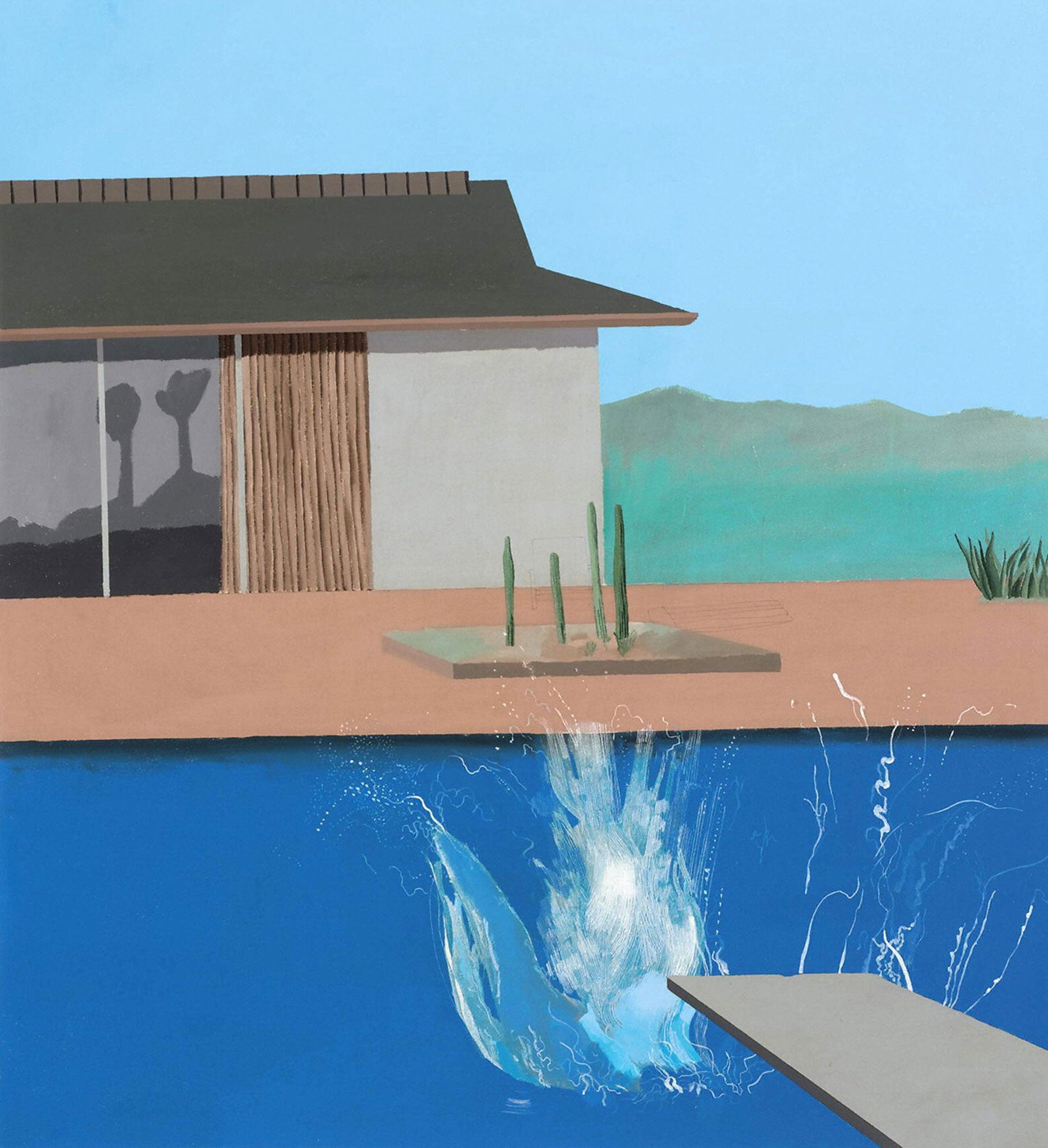Barracuda, By Christos Tsiolkas: Book review - a novel about a competitive swimmer's torments that misses the mark

No one could accuse Christos Tsiolkas of lacking ambition. His last novel, the hugely successful The Slap, had eight narrators and built a story of modern multicultural Australian life around one relatively small domestic incident.
Barracuda takes the story of a young sporting hero and turns it upside down. Danny Kelly, the novel's protagonist, and occasional narrator, is a superbly talented teenage swimmer from a working-class immigrant background. He has won a scholarship to an elite school referred to throughout the novel as Cunts College. There he endures snobbery and prejudice while at home his father, an old-fashioned lefty, is contemptuous of the world in which his son finds himself.
None of this matters to Danny quite as much as swimming and winning his races. Tsiolkas is brilliant at describing the physicality of sport, the pitiless grip of competitiveness and, over the first 200 or so pages of Barracuda, the novel follows a relatively conventional route. Then, in a key international race, Danny comes fifth. His reaction – blubbing, swearing and having to be tranquillised and carried off – is not exactly in the best spirit of honourable defeat. "He's going to be ashamed of this moment for the rest of his life."
And so he is. We follow that shame in a helter-skelter ride to humiliation, violence, prison and beyond. In his own eyes, Danny has become that unacceptable thing, a loser. Describing the decline and fall of a would-be super-jock, Tsiolkas takes on some meaty themes: society's obsessive competitiveness, a teenage boy coming to terms with his homosexuality, snobbery and prejudice, the smugness of liberal Australia, the challenge of living a good life.
As with The Slap, one event propels an eventful story of contemporary expectation, fallibility and moral choice. Barracuda works strenuously for its effects. It is a novel with much shouting and agonising and grand set-pieces, but the harder it tries, the less convincing it becomes. Its key plot point, Danny's sudden decline, seems a bit odd: even for a teenager, winning at the top level in sport involves a level of perseverance and self-delusion.
There is always a reason for defeat, always another race. Few sportsmen collapse so totally after one defeat.
That implausibility would matter less if the character of Danny were more endearing and complex. There is something uneasy about the way Tsiolkas describes his protagonist's feelings, often telling us about them rather than allowing us to see for ourselves. While Danny is swimming, that matters little but, as he falls apart, it becomes increasingly difficult to sympathise with him. He is not only a pain to those around him, but also on the page. His emotions are overblown and confused – a homosexual theme develops and then peters out – and often seem described, rather than felt.
This uncertainty of tone infects the writing. Danny, a great admirer of Graham Greene, dislikes contemporary writers – "He found their worlds too insular, their style too self-conscious and ironic" – but there is more than a hint of self-consciousness in Tsiolkas's own style. It is one thing, for example, to switch from third-person to first-person narrator, but when tenses repeatedly change from past to present, then back again to past, frequently in the same paragraph, it seems affected and pointless, a device used for its own sake.
A stylistic clunkiness afflicts the novel, particularly at key moments. Some unhappy insights might be excused by Australian English being lost in translation ("They'd given each other the shits, they would argue incessantly") but others are simply hurried and careless.
Emotional indicators are invariably intestinal: Danny's stomach crashes down to his feet at one point; at another, in the pit of his stomach the familiar feeling of humiliation starts to bite. Surprisingly, the supporting characters, with the exception of Danny's resolutely bloody-minded father, fail to come to life.
No doubt Barracuda will sell in airports around the world, and may appeal to readers who like their blockbuster fiction delivered with a smattering of moral seriousness. All the same, for a writer as fearless as Tsiolkas, Barracuda reads like a missed opportunity. Its sincere intentions cannot mask its clumsiness as a novel.
Join our commenting forum
Join thought-provoking conversations, follow other Independent readers and see their replies
Comments
Bookmark popover
Removed from bookmarks